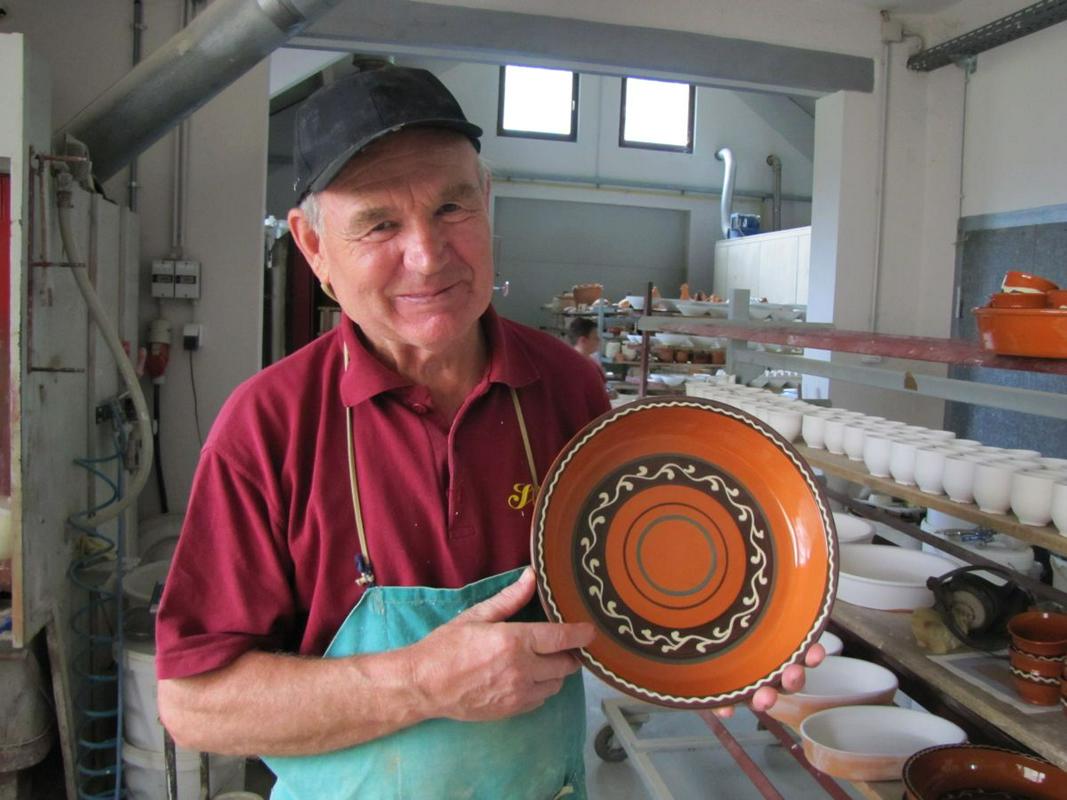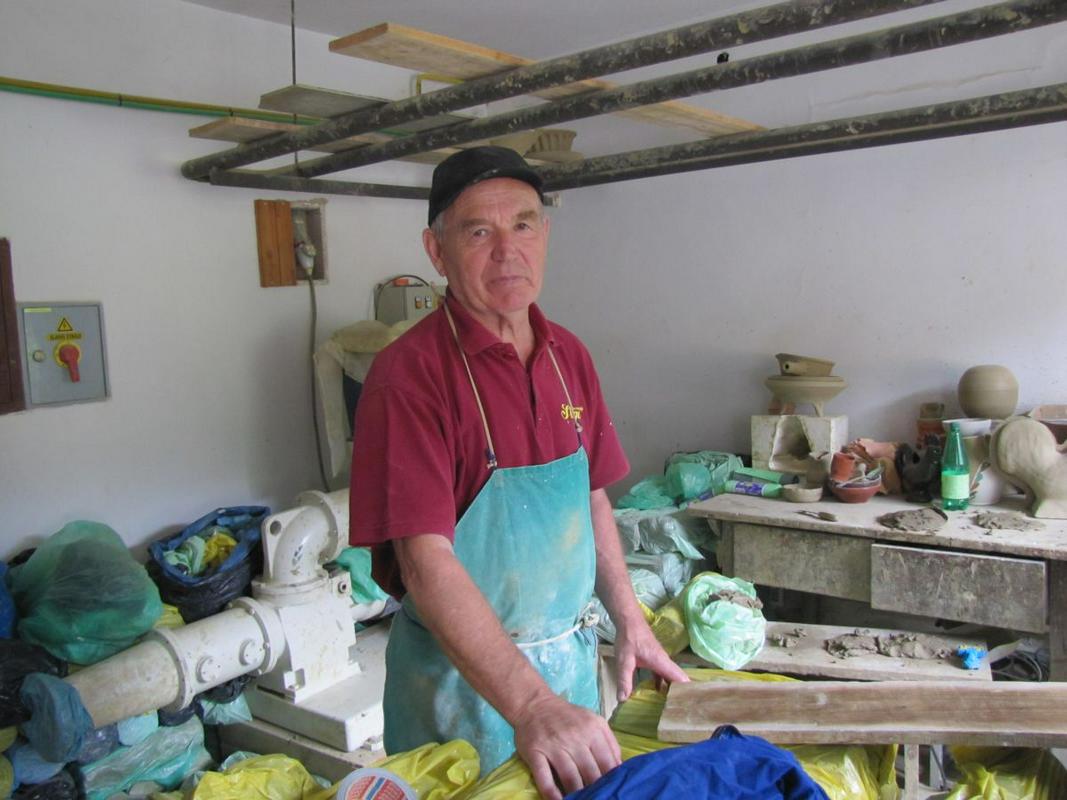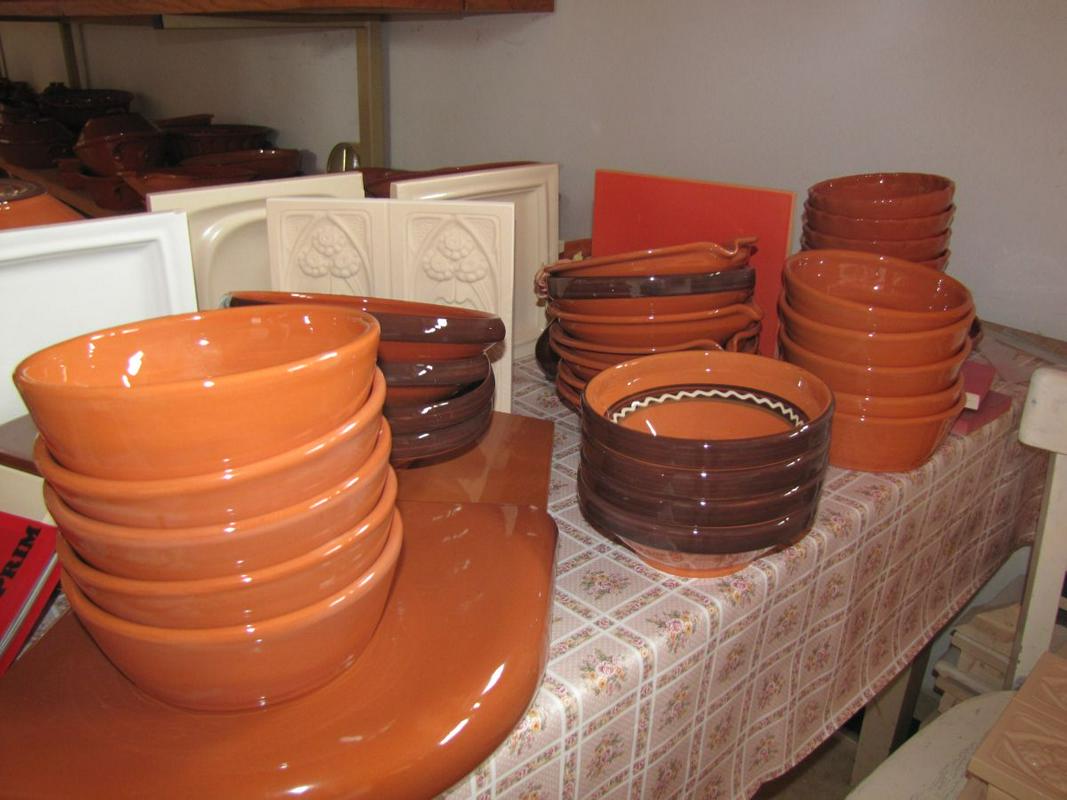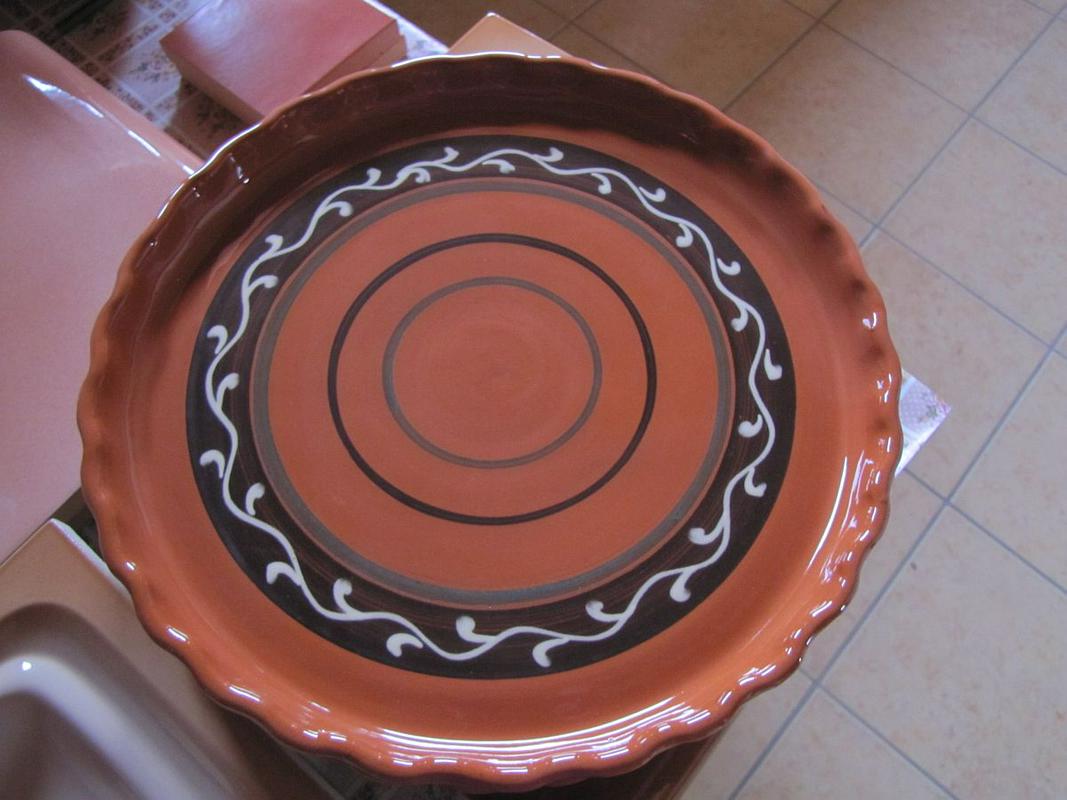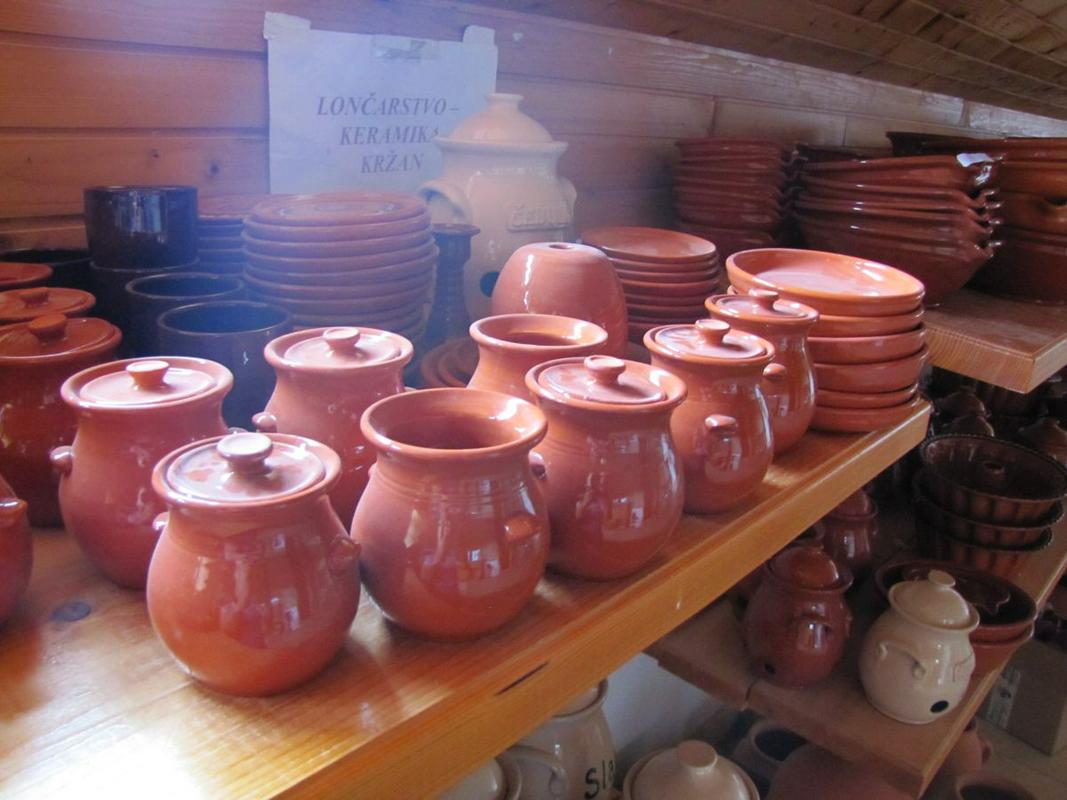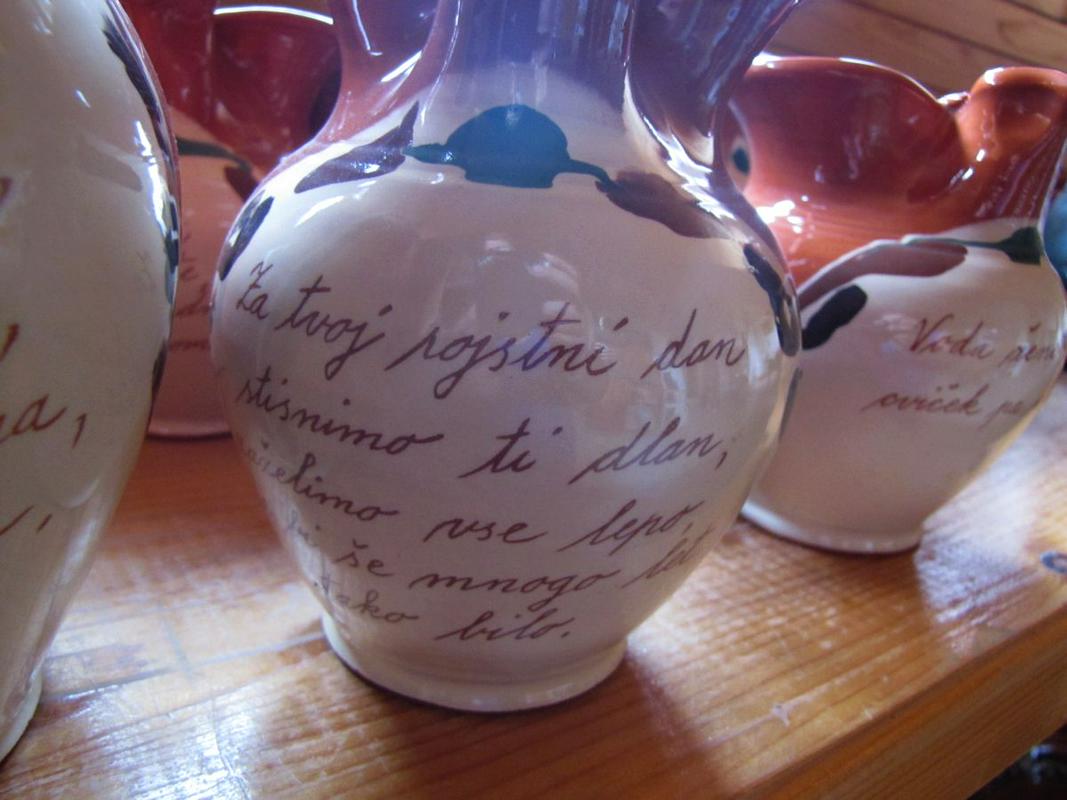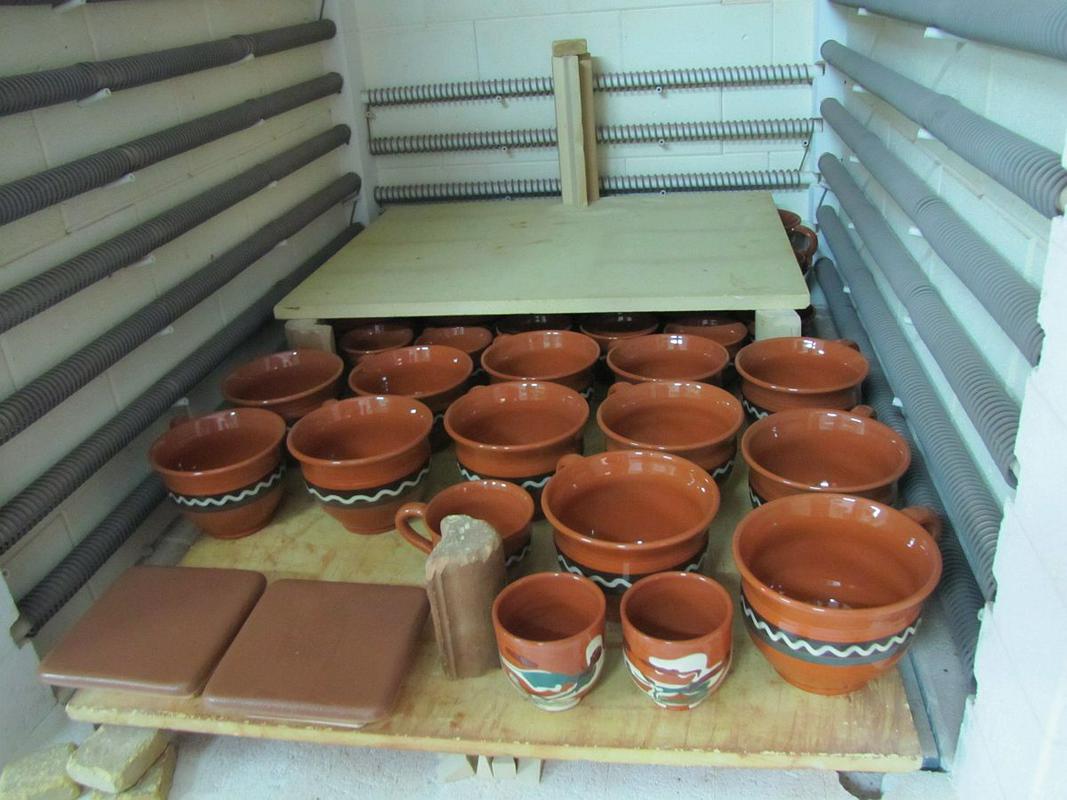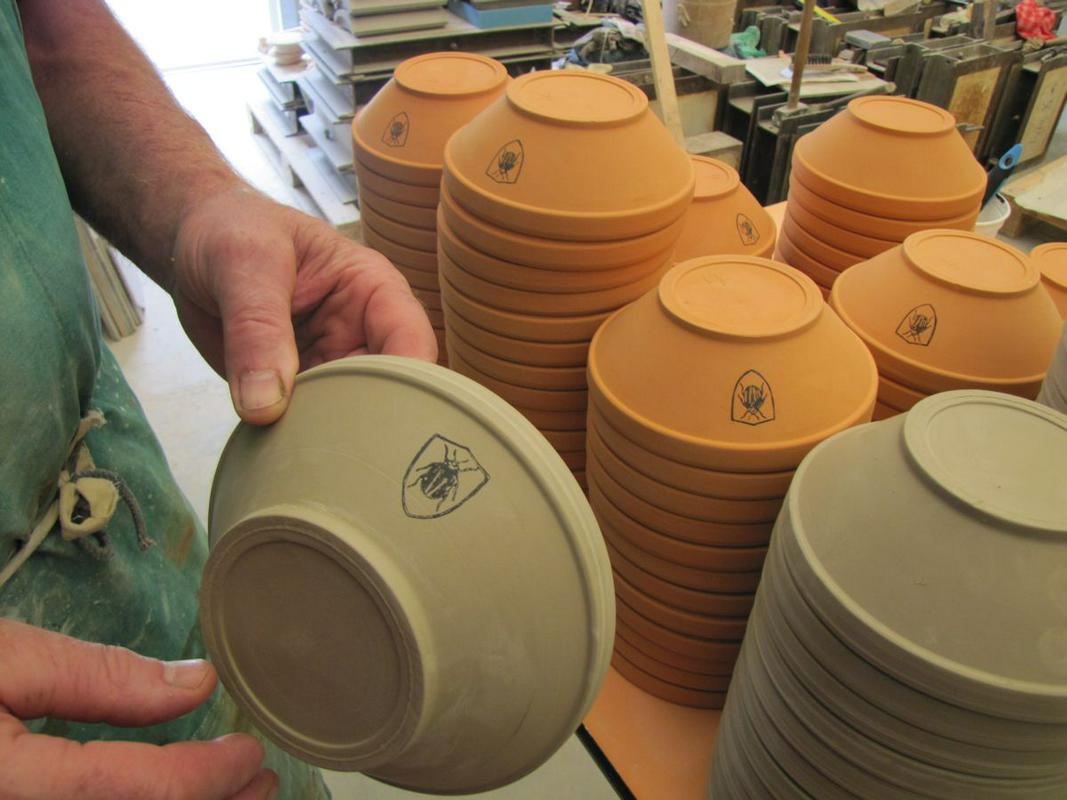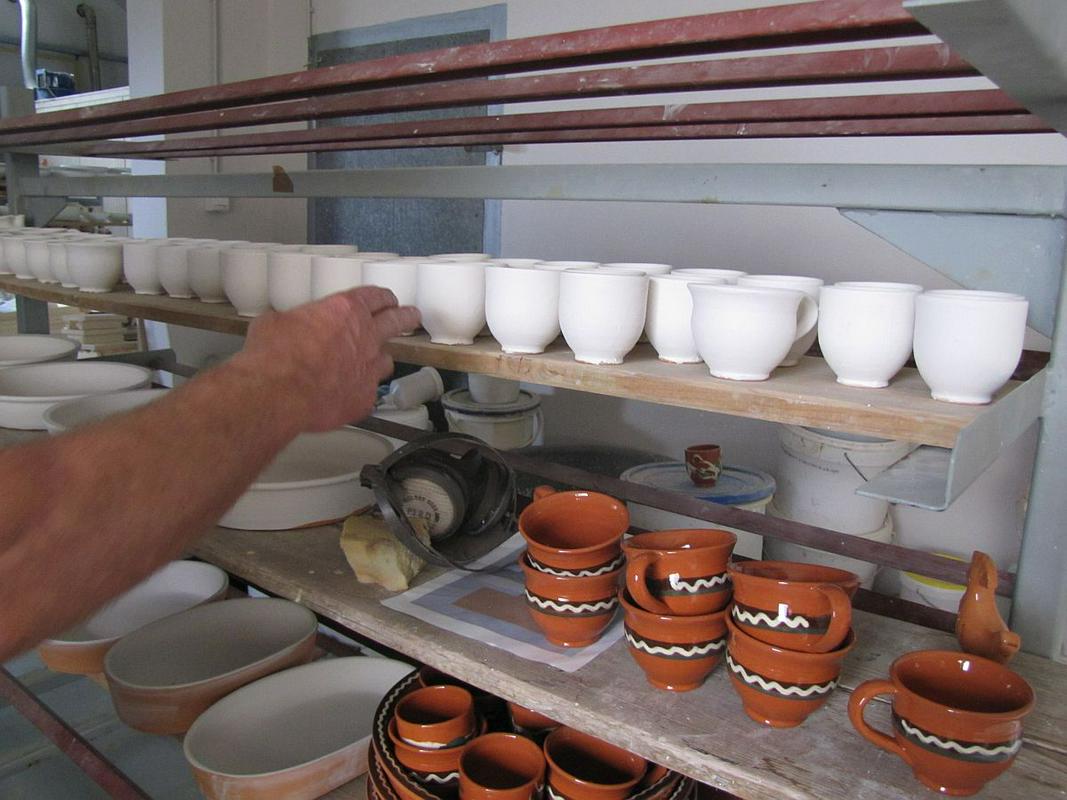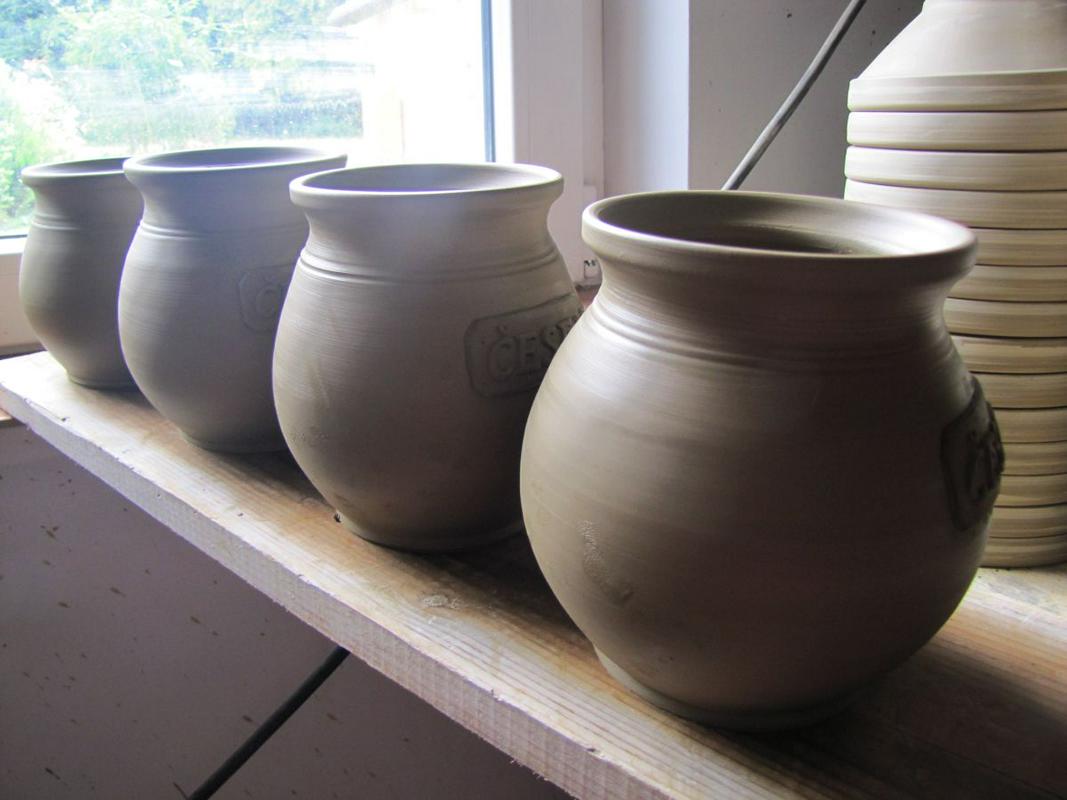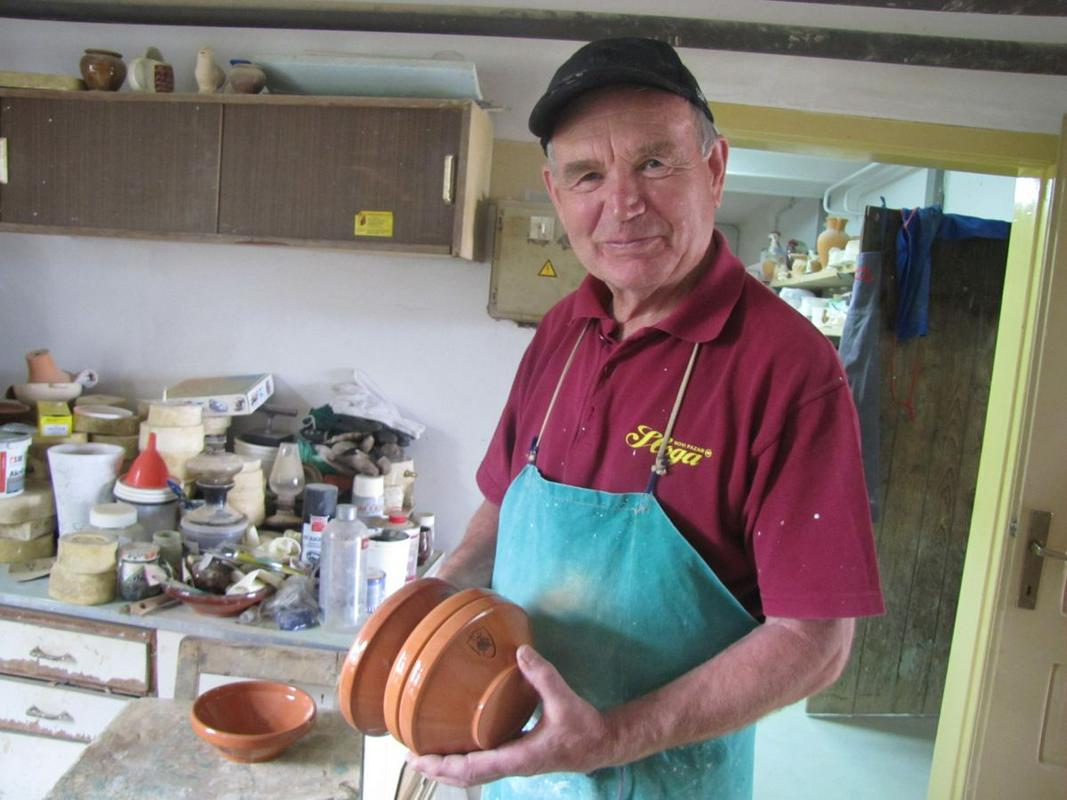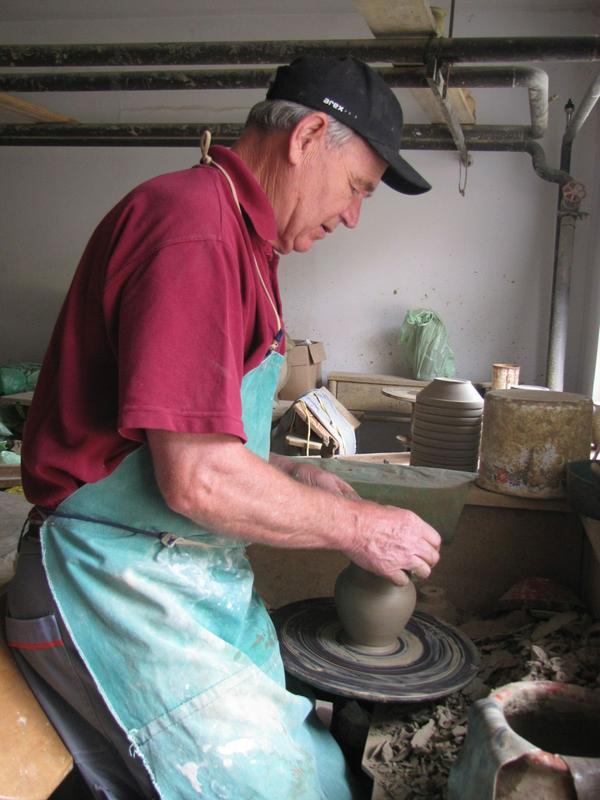
"We never had that much "merchandise" that we couldn't sell it," says the retired potter Jože Kržan from Zaloke pri Raki, near Krško. Locally he's better known as »Kržanov Pepi«. Every morning he still sets off to the family's pottery workshop.
Pottery is considered one of the oldest trades in Slovenia. History says it was a very important trade especially around the Krško field area. And while in the past every village in the Dolenjska region could boast with having a potter, today it's a different story: pottery masterpieces are rare and hard to find. In the Kržan family pottery has been a tradition for more than 112 years now.
"Ever since I was a little kid I was always in the workshop. I made my first pottery when I was 9 or 10 years old. When I was 14 years old I was no longer an apprentice, but an assistant," says the 73-year-old potter. "My father was a potter and so was my father's father. My son Lojze is also into pottery," says Pepi, while showing us around his workshop. He practically grew up in the workshop and made his first steps in the world of pottery under the wakeful eye of his father.
He gained most of his knowledge in the family workshop. His father also sent him to school in Ljubljana, where he attended several intensive courses. "Classes started at seven in the morning and went on until around one o'clock. They then resumed from 2 p.m. until 7 p.m. Classes all day long for five or six weeks," is what Pepi said about his education.
Hot pottery right out of the oven
After World War II there was almost nothing else than pottery ware for use and the Kržan family was very busy. "We never had that much »merchandise« that we couldn't sell it. When people from the nearby hills saw smoke coming out of potter chimneys, they knew that new products were being burned and that they would be ready in a day or two. And it wasn't rare that people would come at two or three in the morning with big baskets, asking for pig troughs. They would take them hot right out of the oven," are Pepi's childhood memories.
Off to fairs with the car, near and far
Their products were mainly sold from the family workshop. Later they also started visiting different fairs and started collaborating with shops. "After 1964, when we got our car, we would load are trunk full of pottery and off we would go. Sometimes there was such high demand that people would literally fight over our products."
However from Pepi's beginnings until now, pottery has changed completely. "It hasn't changed only 50 percent, but 100 percent. For example, before, the clay was dug out manually and we had to be very careful to avoid roots and small stones. We then washed the clay manually to have it prepared for work." And if there happened to be a lot of roots and other small objects in the clay, dug out from the nearby Krakov forest, the cleaning took much longer.
During his whole career, he always worked from morning until the work was done. "Whenever I had to work till midnight, I worked till midnight," Pepi says and adds that his wife helped him a lot, especially in the burning process when products had to be heated to very high temperatures. Someone had to keep putting wood on the fire, which was a very tiresome task.
The right move at the right time
While talking Pepi put a pile of clay on the potter's wheel, started sliding his foot below, and in a few minutes the pile of clay transformed into a wine jug. "There was always so much work that I never had enough time to think about things. It's very important to be precise and to do things at the right moment. If I don't attach the handle to the jug at the right time, it won't hold," is how he explained to us the clear rules of pottery. Today, most of their products are made through orders, from tiles and fireplaces to bread ovens. They've also been cooperating with the National Museum of Slovenia for quite some years now. They make oil lamps and replicas of the oldest flutes for them.
Despite being retired Pepi still goes to the workshop every day. The workshop is now run by his son Lojze. The processes and methods of creating pottery are much different than before, but many of their products are still handmade and done just like in the past. A row of hens made out of clay, made by the potter's grandchildren, tells us that there's no need to fear that a fifth generation of the Kržan family won't stick to pottery.




















































